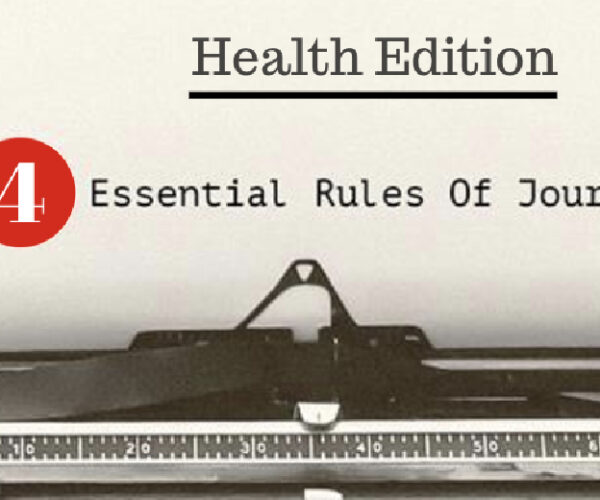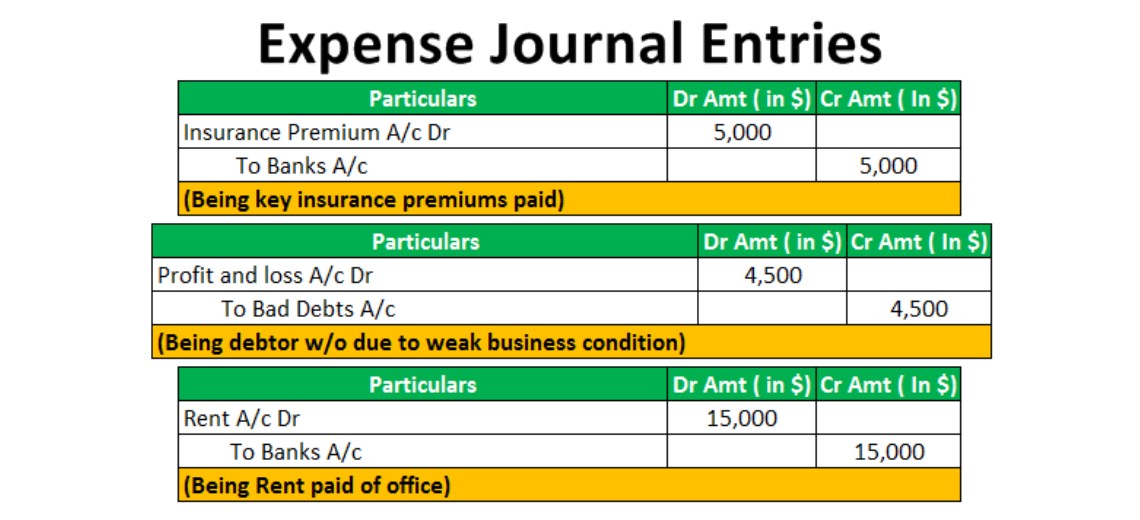It is very easy and simple to remember the Journal Entry for Outstanding Expenses. But it makes it difficult for the accounting’s golden rules of applications. The reason why it makes it difficult is because personal rule accounting is implied on the outstanding expenses whereas the nominal rule is not followed in this case.
Most of the professionals or students try to apply the nominal rule because it is believed as an expense. Therefore this article will help you understand how the personal rule must be applied to the outstanding expenses. Before going deep, one must first understand the concept of Outstanding Expenses. So, take a look below.
What are Outstanding Expenses?
The Outstanding Expense, in other words, means the availed services of another person who is left with not paying him. In simple terms, an amount in due.
For instance, wages and salary of a month, but not being paid, office building rent but in due, electricity bill due, school fees due, etc.
Journal entry for outstanding expenses with the golden rule
For instance, a person’s salary of 50,000 but not paid.
The account that is first stated here is the salary. It will be defined as follows.
Salary-> Expense a/c -> Nominal rules -> business expense -> debit, all losses and expenses.
The second account stated here is the dues that are not paid, which would be equal to Outstanding Salary. So, by following the above rule, one can calculate the expense.
The personal rule can be classified into three-person types.
- Natural Person – It is made by the person, for instance, Mr. Sham, Mr. Ram, etc.
- Artificial Person – This rule is made by Law. For example, Mr. Sham and sons Ltd, Amazon India Pvt Ltd, etc.
- Representative Person – It is made by the representative of a person or group.
Therefore, by applying these rules, one can calculate the journal entry for outstanding expenses.






